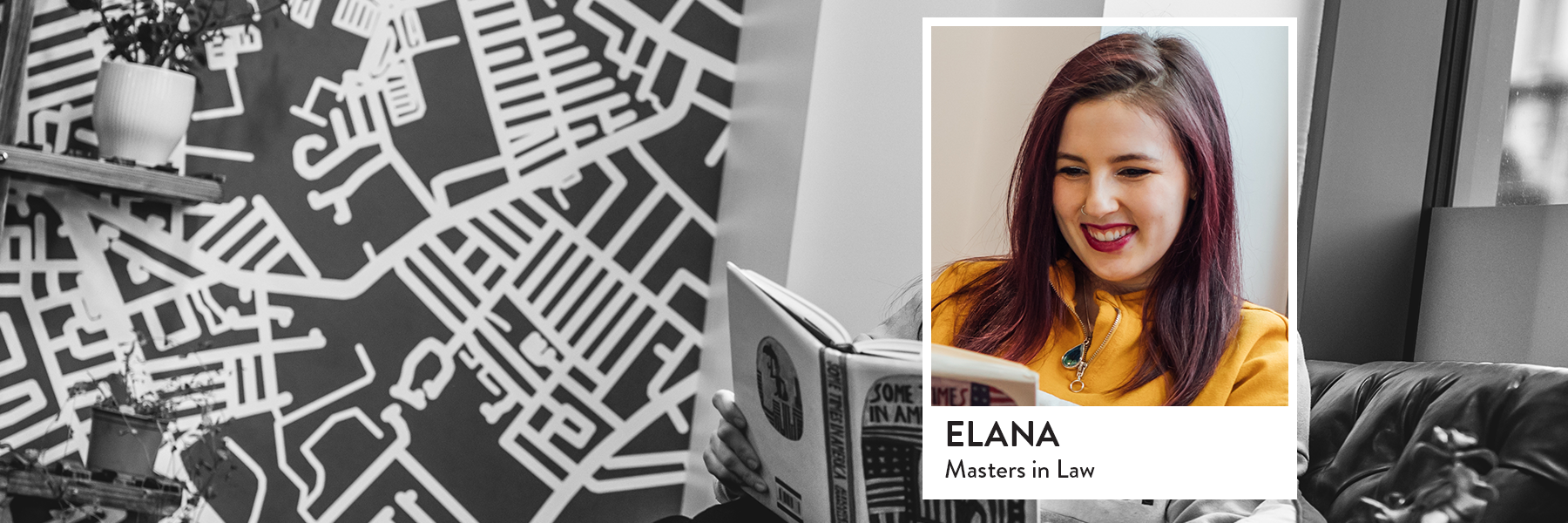Student Stories
"In some ways, I feel I was very lucky to face such experiences so young, as it meant that I was given the tools to battle these demons effectively, and I am able to help others to do the same."
This has been a long journey, but as I embark on my law degree at Queen’s, I am coming at the experience with a newfound maturity and sense of self and of purpose.
From as young as I can remember, I have had an all-consuming fear of dying. I was actually rushed to the hospital many times as a young child, whether to ensure that I wasn’t choking or to combat my (phantom) anaphylactic shock. I never had any traumatic experience that I could think of personally to explain these odd thoughts and behaviours, but to get all Freudian, the trauma was certainly there in the deep unconscious and generational remains.
On a less morbid level, I also inherited more generalised anxiety (though neither of my parents would use that terminology). My mom’s side of the family has an abundance of OCD and generalised anxiety and from my dad (and both parents), I inherited and felt compelled to succeed in everything that I did. I must not fail. I was a Hershman-Lloyd after all. I represented my upstanding family with super-lawyer and community leader parents. I had to be both a good person and a great person. Mistakes were certainly allowed, and they happened, but the moral of the story was that you always get back up. You can never ‘quit’. You have to try your best. For me, that turned into a mantra leading to self-destruction.
I always felt that to do that, I needed to achieve things. If I failed in anything, I failed them, and was then unworthy of their love. In fairness to them, they are incredibly loving and very supportive. I was an extremely fortunate child in so many, and a lot of the pressure was certainly self-imposed.
When I was 9, I was in a car accident. It wasn’t a particularly dangerous accident—no one was seriously hurt (except for the car). I was on the way home from school.
My nanny was driving, and I was sitting in the back seat with my brother. It was raining very heavily, and it was very windy. There was traffic and we were essentially stopped. All of a sudden, my brother pointed out the window telling me to look. I turned and saw two police cars spinning in the road. At first, I just was shocked, but then it turned to fear as I saw that the cars were heading right at us, and on my side. I don’t really remember the crash, but I remember that afterwards, the car was filled with smoke (I later learned this was from the airbag). We couldn’t open the doors or take off our seatbelts, and I thought that the car was going to explode. I was so scared. When the firemen came and got us out, I felt fine again and didn’t think much of it for the next couple of weeks.
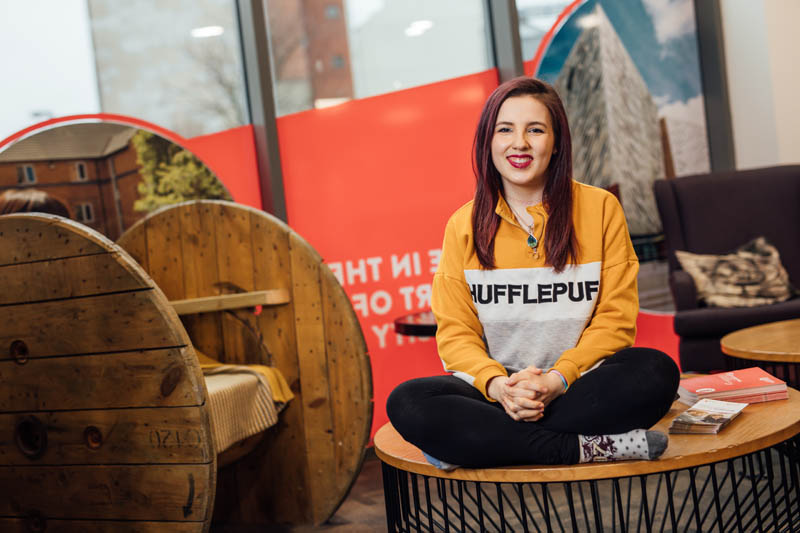
To my (and everyone else’s) surprise, the accident had the effect of unleashing the beast of anxiety that had always been there in minor ways (and sometimes more major, like being paralysed to sleep for fear that I would be stabbed in my sleep or that my food or drinks had been poisoned). It was now utterly life consuming. Within a month from the accident, I had become completely debilitated by anxiety. I thought it was PTSD, but really, I think it just caused what was already there to become much worse. I was suddenly terrified of death all the time. And I thought that it could come in 1,000 possible ways, from the mundane to the extraordinary. Ordinary life was no longer possible for me. I thought that air was poisonous, so I held my breath when I ventured outside. I thought all exertion would cause a heart attack, so I feared going to the bathroom, I thought all my food and drinks were poisonous, so I lost so much weight because I would barely eat (any food I did eat, others had to taste first, and sometimes they would have to ‘check’ it multiple times). Any loud noises were incredibly traumatic, reminding me of the accident. They would cause anxiety attacks. I also thought I would die in my sleep, so I tried to stay awake as much as possible. It wasn’t until college that I found the missing piece to my condition—that I was likely suffering from much more than just hypochondriasis.
It made it very hard to distinguish between what was real and what was ‘in my head’
Indeed, I had a somatic symptom disorder, meaning that whenever I thought or believed that I was suffering from any medical ailment, any symptoms of the ailment that I was aware of would manifest physically in my body. It made it very hard to distinguish between what was real and what was ‘in my head’.
Frankly, it was incredibly dangerous, and it’s hard to believe that this was actually a chapter of my life when I look back at it. At the time, I remember crying wondering why this was happening to me and worrying that it would never get better. Thankfully, through a combination of psychologists, psychiatrists, and citalopram, I was back to some semblance of myself around 5 months after the accident, but the shockwaves of anxiety didn’t really start to subside for another 2-3 years.
I still have a somatic symptom disorder, but I am very grateful for the help I received at such a young age. In some ways, I feel I was very lucky to face such experiences so young, as it meant that I was given the tools to battle these demons effectively, and I am able to help others to do the same.
I thought because I was gay, I would never be loved and could never lead a normal life
My fear of failure demons came back in a serious way. I was also struggling a lot with my sexuality, something I had discovered at age 13, and which sent me into a spiral of depression. I thought because I was gay, I would never be loved and could never lead a normal life. I thought everyone would hate me, and that I was all of a sudden a liar and incredibly unlikeable. I had always prided myself on being incredibly true to myself, open, honest, and authentic, so that was a big blow. When I got to high school, I buried that part of myself and plunged into schoolwork in what began to feel like an endless ‘race to nowhere’.
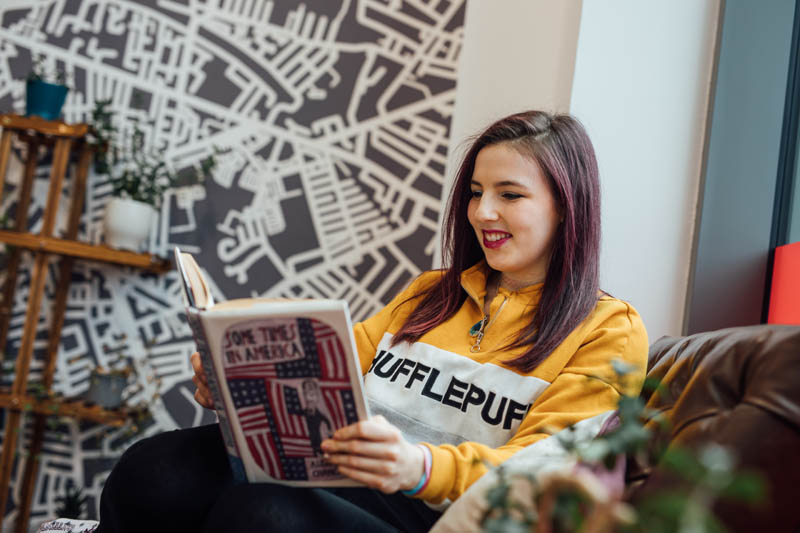
College was a new beginning for me. In 2014, I started out at Barnard College of Columbia University in NYC, and in some ways, these were the best years of my life. In other ways, they were the worst. Each semester brought a different set of complications and particular mental health struggles, but at the same time, it was when I finally came out, and that was so liberating and opened my life up in a way I hadn’t experienced in years. During my first semester, I struggled with imposter syndrome and feeling not good enough. I had always been a kid that was ‘well rounded’, but in terms of extra-curriculars, I was never an expert at any one thing. I was good or really good at lots. But in a place like Columbia, that wouldn’t cut it.
It felt like so much was out of my control but making that decision to be authentic was in my control, and it definitely took the weight off that I needed at the time
On the other hand, I also came out as gay, and that was freeing. It felt like so much was out of my control but making that decision to be authentic was in my control, and it definitely took the weight off that I needed at the time. It was an amazing decision. Second semester was truly amazing. I was involved in an international Twitter campaign to save a TV show that got cancelled and met friends from all over the world! I became very close to one campaigner who actually helped me come out to my parents. It was so incredibly sweet and we formed a very close bond. Years later, we actually got together, and we have been together for nearly 5 years! That was a magical time, and I felt so free. That summer though, I hit a major depression. I think it was the most serious episode of depression that I’ve ever experienced. It came from feelings of guilt and longing, and also feeling very out of place where I was. I had a desire to move away to the UK that started after spending the summer on an abroad programme in Dublin. I felt I had made true friends and experienced the world and life in a way that I hadn’t in years. It was how I imagined my life, and I realised that so much was missing from the way it had been. From then, I made my decision to try out school in London, and I applied during my first semester of my second year.
During that first semester, spent at Barnard, I was still deeply depressed. It got to the point that during a Hip-Hop class, I could no longer move, and I broke down in tears and ran to the Student Wellbeing Centre. They quickly got me in to see a therapist and then a psychiatrist, and within weeks, I was on an anti-depressant. I have been on and off anti-depressants from then (age 19) to age 23. And I very much recommend them to anyone in need. They really, really help.
I first studied abroad in King’s college London, and then transferred over completely in the fall of 2016. It was a bit of a radical decision, saying as I had already completed two years at my current school by the time I changed over, but it was one of the best decisions of my life. The experience of living in the UK has been magical thus far. It really has been a time of figuring out who I am, who the ‘real me’ is after so many years of my life feeling on hold, or in transit.
I realised that more secret than the ‘gay thing’ was that I was and have been a secret to myself. It was easy to hide under the guise of there being this one big secret that once it’s out, that’s it. But really, I fear conflict, sadness, and darkness so much that I push it away until it overflows.
The pieces started to click, so many of my struggles in life made sense, and I am able to love myself a lot more
A big realisation for me came about a year and a half ago when I was diagnosed with ADHD. The diagnosis was ultimately so affirming for me, though it was very hard to accept at the time. Because of the stigma associated with ADHD, that it was for ‘stupid people’ who never achieve anything, or for crazy young boys who can’t sit still or stop shouting, I thought that it couldn’t be something I had. After all, I was a high achiever. I went to an Ivy League school. I worked so hard. And I was so attentive! But when the pieces started to click, so many of my struggles in life made sense, and I am able to love myself a lot more. I never understood before why it took me so much longer to do work than it took my peers. That to get to the same result, someone else might work for 1 hour and it would take me 3. I was a perfectionist, I said. And that was true. But I also have ADHD. I get distracted. A lot. I forget things (I thought this was normal), and I have to read things multiple times. I go on research tangents when I get excited by things. I have executive dysfunction, so my working methods (which I would best describe as ‘throwing spaghetti at a wall and hoping something sticks’) are not very efficient (though I come out knowing a lot more than most people, albeit a lot of the information will be off topic).
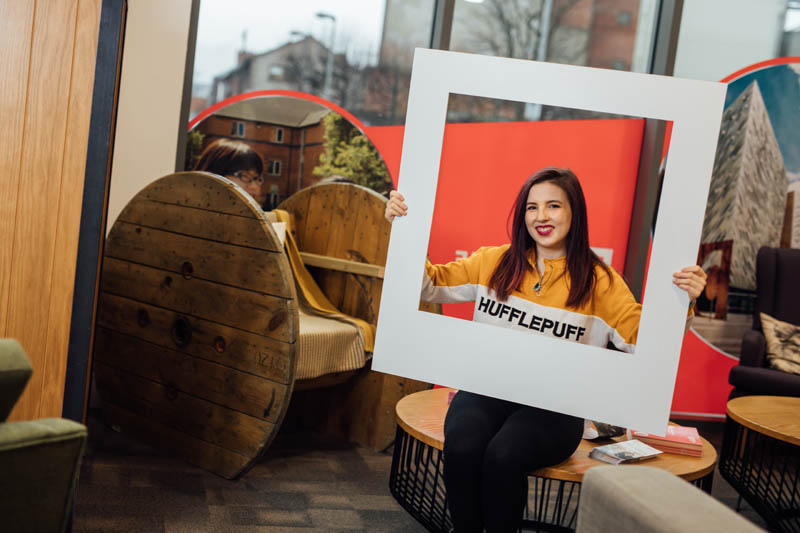
However, I also have the super power of hyper focusing; when something catches my attention, I will go 150% full steam ahead and I will come out with great work where the passion and excitement is palpable. I find it hard to be invested in things that don’t interest me, but when I’m interested, I light up the room.
It’s a journey, but I’m not ashamed of myself in any way
And I try to be open about these things, because it can be hard for many people, and having role models is so important. My girlfriend (who also got diagnosed with ADHD around the same time as me) has been so helpful! She helped me understand myself and how ADHD impacts my life in both difficult and wonderful ways. We work together on strategies to improve our lives, and it is great.
Obviously this has been a long journey, but as I embark on my law degree at Queen’s, I am coming at the experience with a newfound maturity and sense of self and of purpose. I am trying to be deliberate in my actions and efficient in my work. Mostly, I am trying to be authentic with myself. I am reaching out to friends and reaching out to help and opportunities when they are offered. Queen’s has been really helpful with this! I am a student ambassador and representative—being able to help others is so fulfilling, especially in these times. So although we are in a global pandemic, things are starting to look up. And I hope that is the case for other students.
Get Support
Mental Health issues can affect anyone at any time. But confidential, professional help is available through the University.
To find out more, click the button below:
#QUBeWell
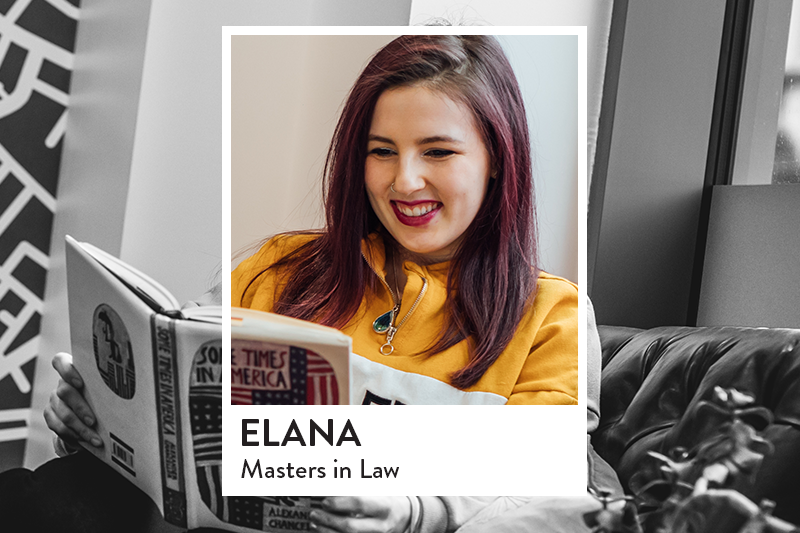
It’s a journey, but I’m not ashamed of myself in any way
